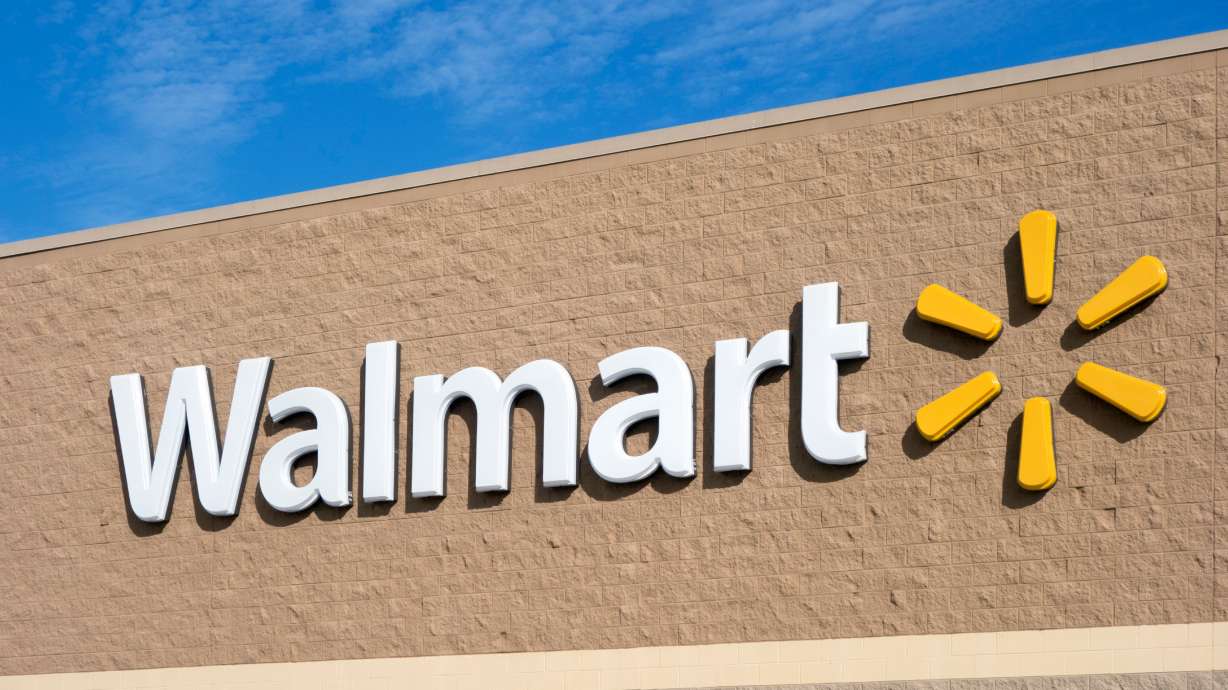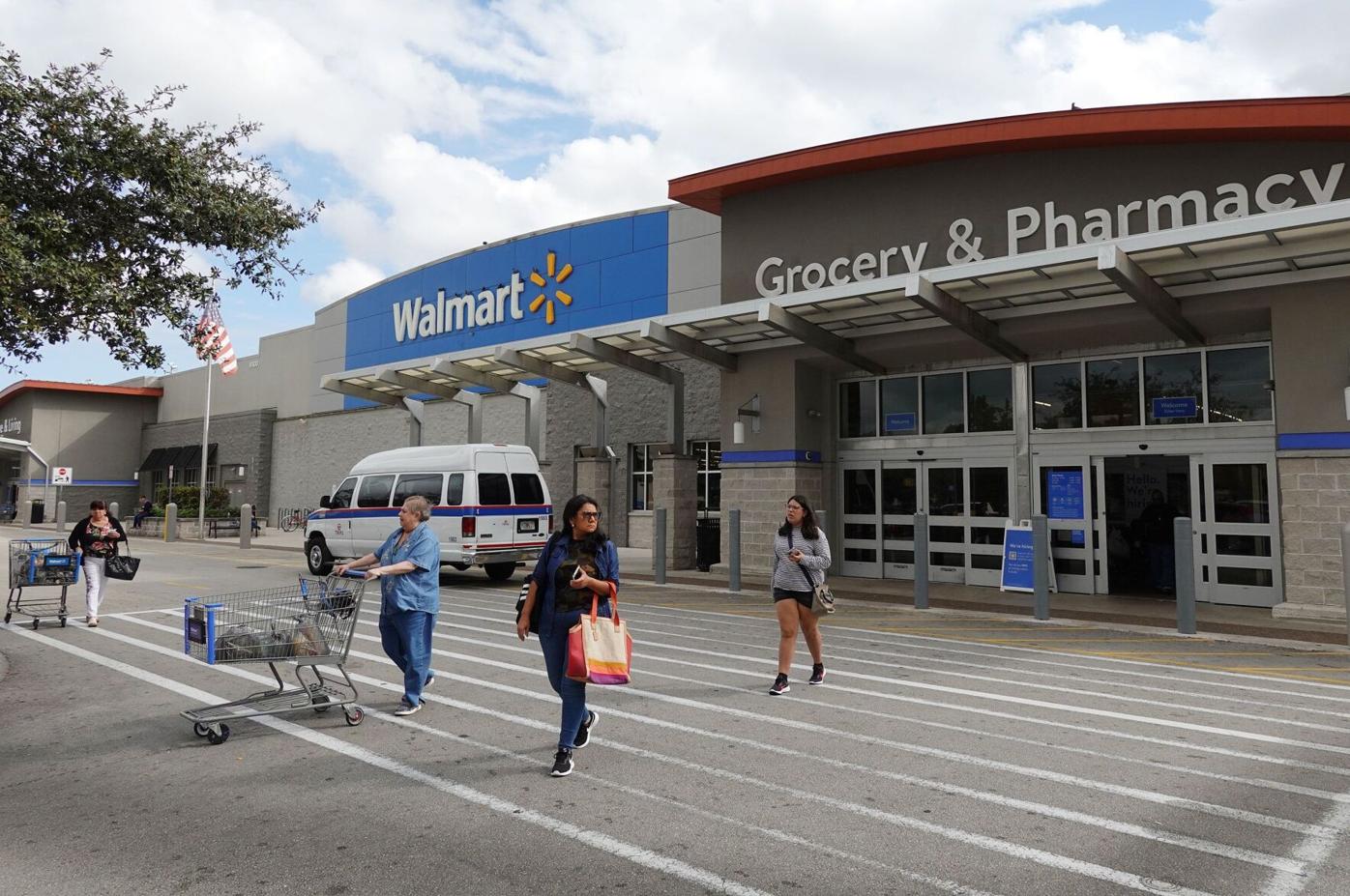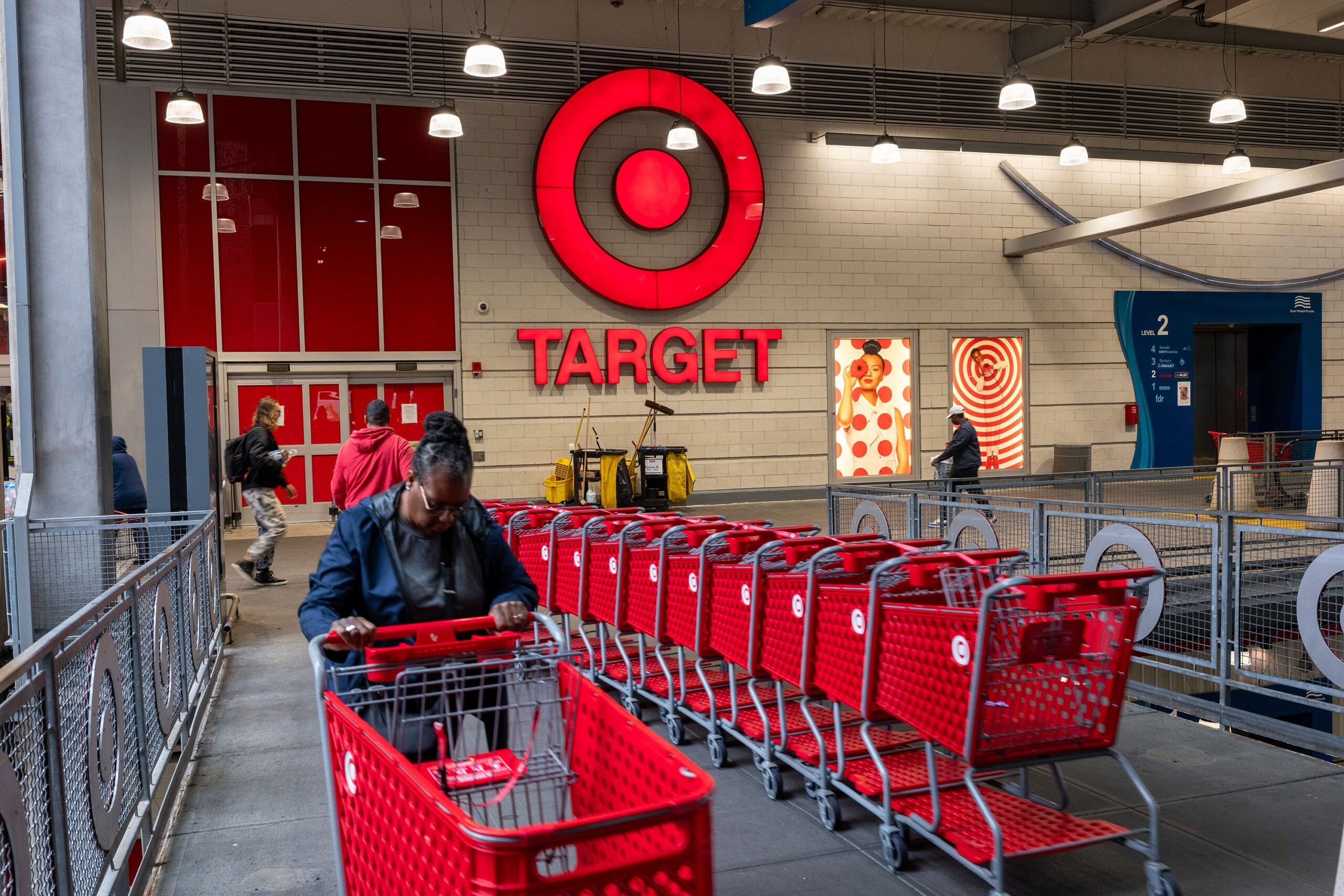In recent weeks, retail behemoths Walmart and Target have made headlines by significantly reducing prices on thousands of items, a move that could signal a shifting landscape in the ongoing battle against inflation. This strategic pricing decision is particularly noteworthy as it comes at a time when American consumers are keenly feeling the pinch of elevated prices across various sectors.

Walmart, the largest retailer in the United States, has been at the forefront of this trend. The company reported a robust 3.8% increase in first-quarter sales for stores open at least a year. This growth, according to Walmart CEO Doug McMillon, is largely attributed to the store’s commitment to maintaining low prices despite the broader economic pressures.
Our combination of everyday low prices plus a large number of rollbacks is resonating with consumers, McMillon explained during an analyst call.
Walmart: Unpacking the Impact on Inflation
Economists are paying close attention to these price reductions, interpreting them as a positive sign that inflation could be stabilizing. However, they also caution that other areas, such as housing and wages, must also see relief to achieve the Federal Reserve’s 2% inflation target. Preston Caldwell, a senior U.S. economist at Morningstar Research Services, emphasized,
Price cuts at big box retailers are going to be helpful, but we’re still going to have to see housing inflation come down, which is an issue, and wage growth continue to normalize,

The Economic Backdrop
The broader economic environment adds complexity to the retail price cuts. Recent data suggest a cooling trend, with Americans increasingly falling behind on payments and becoming more frugal. The unchanged retail sales from March to April further indicate a tightening of consumer spending habits.
In the realm of real estate, the median price of previously owned homes in the U.S. hit a record high in April, underscoring the persistent challenge of housing affordability amidst slow wage gains. These factors collectively contribute to a cautious economic outlook, with the Federal Reserve hesitant to cut rates amidst ongoing low unemployment and fears of a heated job market.

Legal Challenges in the Tech World: The Case of Scarlett Johansson and OpenAI
In a different vein, the retail industry isn’t the only one facing significant shifts. The tech world is also witnessing its own set of challenges, notably the potential legal battle involving actress Scarlett Johansson and OpenAI.
After OpenAI allegedly attempted to create a voice assistant mimicking Johansson’s voice without her consent, legal experts suggest that the actress has a credible claim that could lead to substantial damages against one of the world’s leading AI firms.
This case highlights broader concerns about the need for greater industry oversight and protections for creators against the rapid advancements and applications of AI technology.

Looking Ahead
As the landscape of both retail and technology continues to evolve, these developments are a reminder of the interconnectedness of economic strategies and the legal and ethical implications of technological advancements.
Whether it’s through strategic price reductions by retail giants to combat inflation or the ongoing debates surrounding AI and creator rights, these stories reflect the complex tapestry of today’s economic and technological environment.


